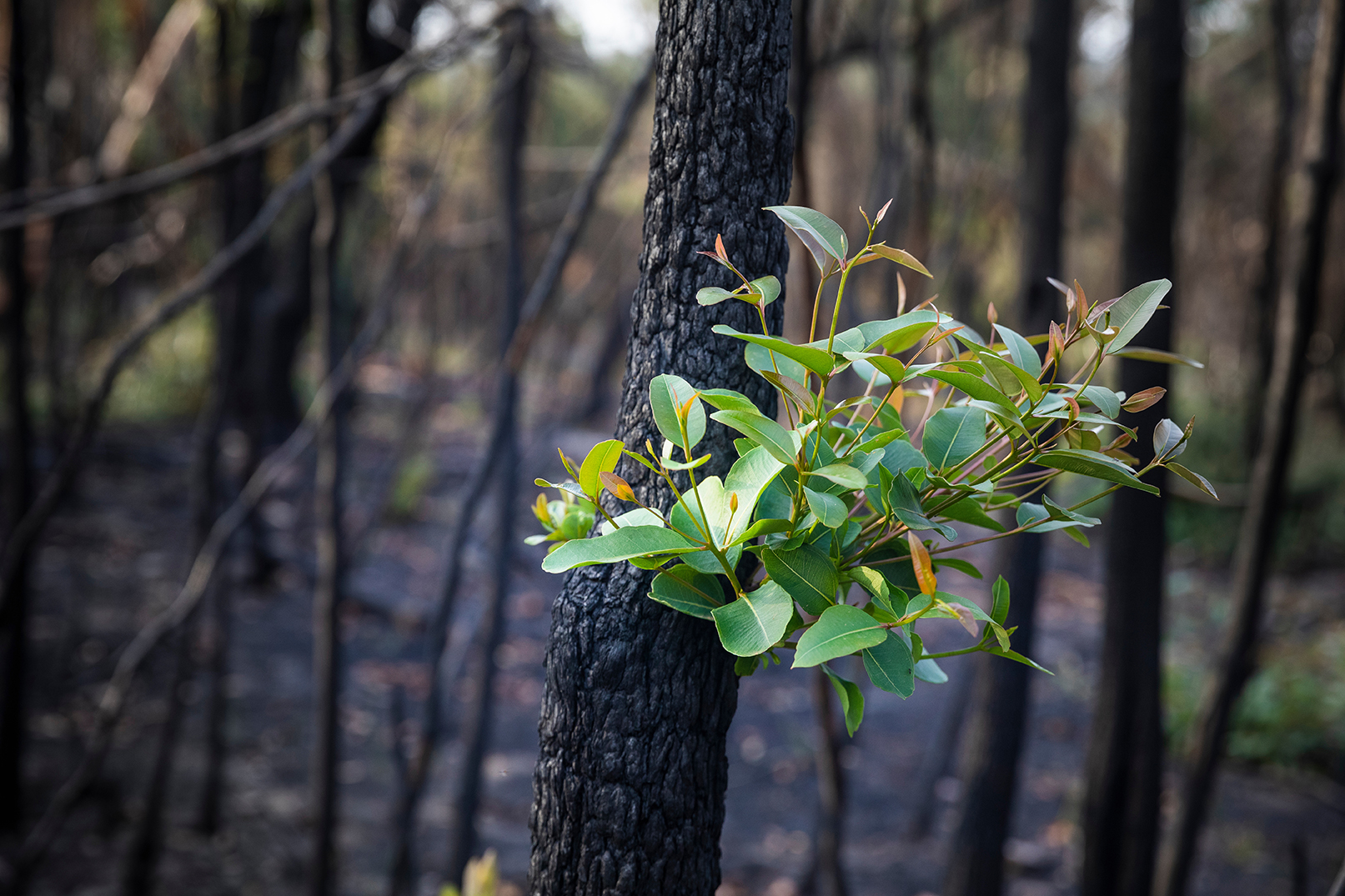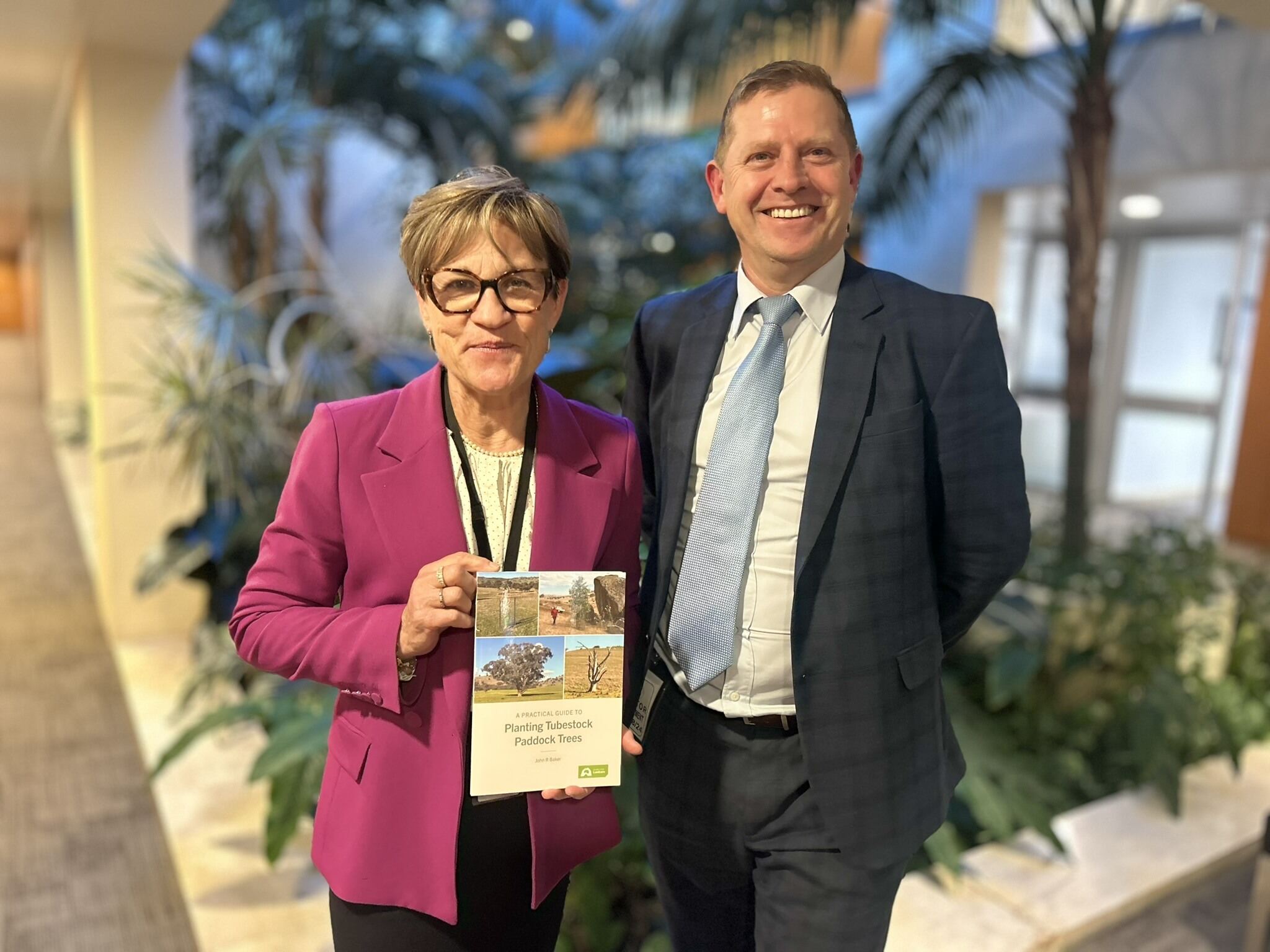
Landcare NSW’s Commitment to Risk Management
Landcare NSW is proud to announce a significant milestone in our journey toward enhanced governance: the introduction of our Risk Appetite Statement. This strategic initiative reflects our dedication to maintaining the highest standards in managing the various risks we encounter, ensuring we remain aligned with our mission of supporting local communities and environments to flourish.
Our Risk Appetite Statement, as outlined in the recent board meeting, is a comprehensive framework that defines the levels of risk we are prepared to undertake in pursuit of our strategic objectives. It aligns with the principles emphasized by the Governance Institute of Australia and the Australian Institute of Company Directors, integrating recognised governance standards into our organisational practices. By clearly defining our risk thresholds, we can confidently pursue innovative initiatives that drive growth and impact while safeguarding our resources and reputation.
The document covers various types of risks, including financial, reputational, technological, and strategic risks. For instance, we maintain a low-risk appetite for the irresponsible use of financial resources and a zero-tolerance approach to legal non-compliance. Conversely, we have a high appetite for exploring new revenue sources within reason, reflecting our entrepreneurial spirit and commitment to financial sustainability. This is particularly important as Landcare NSW transitions to a more self-sustaining financial model, reducing reliance on government grants and diversifying our funding streams.
The Risk Appetite Statement provides specific risk tolerances that act as benchmarks for our daily operations. These metrics help us manage financial sustainability, technological advancements, member engagement, and community impact with precision and accountability. For example, operational costs should not exceed 70% of the total annual budget, and member retention should aim for a minimum of 85% annually.
Governance and oversight are integral to this framework. Our Board and CEO share the responsibility of adhering to the Risk Appetite Statement, with regular monitoring and annual reviews ensuring our risk management practices remain robust and responsive to any changes in our operational landscape. This governance tool aligns risk-taking behaviour across various facets of the organisation, translating broad principles into actionable metrics that can be monitored and managed in real time.
For our members, this initiative underscores our dedication to creating a secure and thriving environment for all Landcarers. It reassures you that we are taking deliberate steps to protect our shared interests and enhance the effectiveness of our collective efforts. For our government stakeholders, the adoption of the Risk Appetite Statement signals our unwavering commitment to accountability and transparency. It highlights our proactive approach to risk management, aligning with best practices and standards set by leading governance institutions.
As we move forward, the Risk Appetite Statement will be a cornerstone of our strategy, guiding us in balancing innovation with prudent risk management. This approach not only fortifies our position but also ensures that we can continue to deliver meaningful outcomes for our communities and the environment. Together, we are building a resilient and forward-thinking organisation, well-equipped to tackle the challenges and seize the opportunities that lie ahead.
Thank you for your continued support and dedication to the Landcare movement.
For more information on our Risk Appetite Statement and how it shapes our operations, please contact us at enquiry@landcarensw.org.au.
